We all love vacations, don’t we? Taking a break from our hectic, busy lifestyle is mandatory nowadays to preserve a sense of serenity and work-life balance. It improves productivity, elevates our emotions, strengthens relations, and deepens our love for the world that we live in. It is a big world with so much to see, and one life is not enough. So, going on vacation twice a year makes perfect sense. But vacations are not always about spending big on expensive hotels, dinner, shopping, but much more. The objective is to unwind, rejuvenate, and experience the untold, unseen raw natural beauty of Mother Nature. You have the option to engage in activities such as trekking, camping, climbing, diving, or exploring the endless road on your car or motorcycle. In this article, I will share my thoughts on how to prepare for a road trip.
Where to go
Selecting your destination may be the easiest task when organizing a trip, but it is the most crucial. A lot depends on your destination, which can either crush your spirit or prepare you for an unforgettable experience. The most popular and obvious concerns to consider while choosing a destination are the type of people you will encounter, the weather, the landscape, the food, and the general safety of the trip.
When to go
The next step is timing your trip. You would generally want to avoid locations that are too congested, which could slow you down. So, going on a trip during the festivities, weekends, or public holidays might be the obvious choice, but it might not ensure smooth sailing. Additionally, monitoring the weather throughout your trip can help you prepare for potential disruptions.
Pick the right vehicle
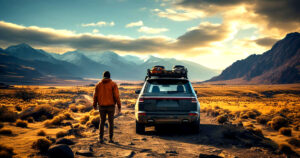
Now comes the fun part. Picking the right vehicle can provide you with the necessary leverage to safely complete your trip. You need to consider the power, brakes, fuel capacity and efficiency, and your vehicle’s ability to ride through steep and rough terrain, among others. It can be a motorcycle or a car, which will be your primary companion throughout your trip.
Gear up
My motorcycle and I are packing up and heading to Ladakh, India, soon. Therefore, in my capacity as a motorcyclist, I have produced the following list, which may serve as a comprehensive guide to the essential requirements that you should consider prior to commencing the journey.

Service your ride way ahead of time
You should service your ride before embarking on your trip to ensure it’s in excellent condition. Make sure that the brake pads, transmission, engine oil, radiator, air conditioning, pistons, headlights, battery, shock absorbers, clutch, tire pressure, and ignition system are all in good working order.
Which route to take

By figuring out the route, you may get a better idea of the expected driving time and locations along the way. Highway route and detour preparation will keep you safe, free from fatigue, and save time.
Carry duplicate keys
This is a no-brainer. Keep a set of spare keys with you at all times to avoid stranding yourself in the middle of nowhere or locking yourself in your car.
Get adequate rest before leaving
Excellent health is essential for enjoying a road trip. Therefore, in order to think clearly and make the right decisions, make sure you get enough rest before you leave. Most importantly, having sufficient energy will allow you to stay vigilant and cautious when driving.
Don’t forget to get the paperwork
Your trip may come to a premature end if you do not carry the necessary paperwork for your vehicle. Your driving license, registration certificate, and insurance documents must be with you on your trip at all times. Police check points and interstate borders are the most common locations where you might be asked to present your papers.
Carry a repair kit and a spare tire
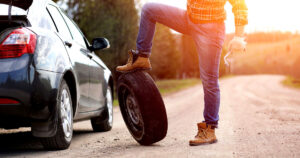
Help won’t come your way too often if you’re stranded on a long road and the closest mechanic is 100 miles away. Consequently, you can’t do without the fundamental equipment needed to fix or at least start your vehicle. Hammers, screwdrivers, socket sets, duct tape, wire cutters, wheel wrenches, spare tires, additional lights, and tire pressure gauges could be all you need to escape a tight spot. Before anything else, though, you need to know how to use these gadgets.
Create the ultimate playlist
Long rides are more enjoyable when you have a constant source of motivation. Sort out your music, movies, and podcast episodes. Instrumental music is usually my favorite.
Do get a couple of flashlights
Let there be light. The more, the better. Extra batteries are also a must. Flashlights are incredibly useful tools that can assist with navigation, signal for help, and even potentially save lives in emergency situations.
Prepare a first aid kit
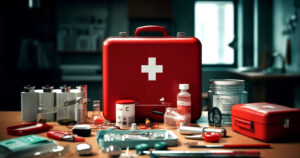
Adhesive bandages, antibiotic ointment, antiseptic lotion, painkillers, inhalers for asthma, hand sanitizers, cold compressions, oxygen cylinders, scissors, and medical tape are some of the effective contents you must have in your first aid kit. You should also carry additional medications to treat fever, runny nose, cough, diarrhea, nausea, vomiting, stomach ache, acid reflux, and dizziness.
Stock up food and water
Ready-to-eat meals, dry fruits, chocolate, biscuits, and plenty of water are the order of the day. You simply need to ensure an energy-rich diet with a sufficient intake of calories that can keep you going without overloading yourself with excessive luggage.
Keep your weapons close
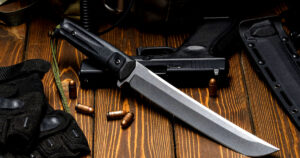
Venturing into the unknown has its own risks and benefits. When it comes to risks, you never know what could potentially endanger your life or the lives of your fellow passengers. Wild animals are the most common, but humans are the most unpredictable threat that you must remain constantly vigilant about. Please note that I do not endorse the killing of any animals or humans, but warning shots fired from your sidearm or handgun may save your life.
Get extra sets of clothing and accessories
In addition to your riding gear, you need to pack clothing that can combat extreme heat, cold, or rain. From my prior experience, a raincoat, balaclava, breathable socks, and underwear, along with an extra pair of waterproof boots, are imperative. If you are wearing glasses, bring an extra set.
Pre-book the overnight stops
Now, I know that it is not always possible or smart to pre-book everything in advance because your route might change as you proceed further due to unperceived factors. However, you can still avoid making advance reservations for hotels in major cities, but it’s advisable to book motels along highways that could serve as your pit stop for the day.
Truck drivers and other daily highway commuters typically fill motels every night, regardless of the season. This is simply because, after a long day of driving, truck drivers, like you, also require a place to spend the night. And motels are few and far between. But again, things might be different in your country. Still, it is advisable to pre-book one in advance. And even if your route changes, I am certain that you won’t lose too much sleep over the money you would lose for a motel room.
Carry cash

While the use of cash has declined in today’s digital payment landscape, it is far from extinct. In contrast, the firewall and powerful encryption technologies used by digital payment systems make them much safer. However, it’s important to note that certain remote areas may not accept digital payment methods when you’re on the road. So, carrying cash may help you safely move from one travel hotspot to another without the constant anxiety of unsuccessful digital transactions.
Get maps and a compass

This is an absolute must when traveling. Electronic maps are always the best, but keeping the updated printed versions would also help in situations when your phone is low on battery or out of the service network. Furthermore, having a basic understanding of direction can be helpful. Reading the stars or using the compass properly may aid in navigation through uncharted terrain.
Take breaks
Prolonged time behind the wheel of a car or in the riding seat of a motorcycle can lead to illness, with persistent back pain being the most common symptom. As a result, it is critical to take the necessary breaks from time to time to relax your arms and back. The fun part of a road trip is not about reaching your destination, but rather enjoying every single second of the journey.
Carry signal flares and a whistle

Despite taking up little to no space in your backpack, signal flares and a whistle are essential lifesaving tools that people often overlook. You never know what challenges you might encounter during your trip. God forbid, if you are in an accident where you are not loud or visible enough to call out for help, these two tools above can save your life.
Keep your loved ones informed about your whereabouts

Dead zones are geographical locations where there is no signal strength or cellular connectivity. While on a road trip, you might come across such areas frequently, especially in hilly regions. So, keep your loved ones updated about your live location.
Organize your home before leaving
Have you seen Home Alone, starring Macaulay Culkin? I am certain that all millenials have seen it, but I am not too sure about Gen Z or others. There’s a scene where Catherine O’Hara, the mother of Kevin (Macaulay Culkin), is perpetually worried about something she neglected to take care of back home when they were traveling to Paris for Christmas. Eventually, she realizes that she left Kevin back home after sending him up to the attic the previous night following an altercation with his oldest brother Buzz (Devin Ratray).
Now, I am not saying that you might also leave your kid behind, but the point is that you don’t want to have any distracting thoughts in your head while driving. It seriously impacts your concentration and takes the joy out of the ride. So, getting your home organized before leaving is crucial for a safe and pleasant experience on the road.
![]() 30 Essentials For The Complete Man
30 Essentials For The Complete Man
Keep a list of important numbers
This is a task you must complete before you leave. Prepare a list that would contain emergency helpline numbers for hospitals, ambulance services, police stations, fuel stations, service centers (in case of vehicle breakdown), etc. If you are crossing multiple interstate borders, then the list of these emergency contacts would also increase. It is also advisable to verify the numbers’ validity. Keep a printed version of the list and distribute it among your co-passengers or riders.
Do not force yourself to stay awake while driving
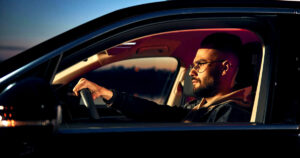
Stop driving immediately if you feel sleepy. I don’t know of any other simpler way to say this. Driving while sleepy, tired, or drowsy is one of the biggest contributors to road accidents. It endangers not only your own life but also that of those around you.
Don’t forget the cooking equipment
You should only bring the most basic cooking tools or items that you can’t do without. To start, you will need a fry pan, a steel mug, a sharp knife, a cutting board, plates, a bowl, a spoon, a cooking fire, oil, gasoline, and a camping kettle. How many more items you need will depend on how long your trip is.
![]() Apple Vision Pro: The Future Is Spatial
Apple Vision Pro: The Future Is Spatial
Carry camping gear
If you happen to spend the night under the stars, whether planned or unplanned, you will need the right gear. Temperatures drop fast, making nights harsh and chilly. To survive, you must carry the necessary camping gear, like a tent, sleeping bag, fire starter, head lamp, foldable saw, axe, and shovel. It may look like a lot to carry, but whether you need them or not depends on the length of the journey and your ability as a driver or rider to reach your destination before night.
No addiction during trip
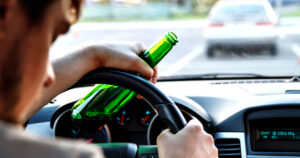
I suggest that you or your co-passengers or riders refrain from drinking or engaging in any other form of addiction if you don’t want to get into an accident, receive a citation, or face arrest by law enforcement.
Any sort of trip on the road is bound to create memories. But such trips require love for the terrain and respect for traffic rules and regulations. So, it does not matter where you drive or how experienced a driver you are; you must always be disciplined on the road and remain attentive and vigilant when driving. After all, your safety is always a top priority, and your memories from the road are what you will cherish forever. So good luck on your upcoming road trip, and ride safely.
Creating content and capturing images requires time and effort. I am extremely appreciative to the designers, photographers, and artists whose images helped me complete this article. Please note the image attributions used in the preceding content.
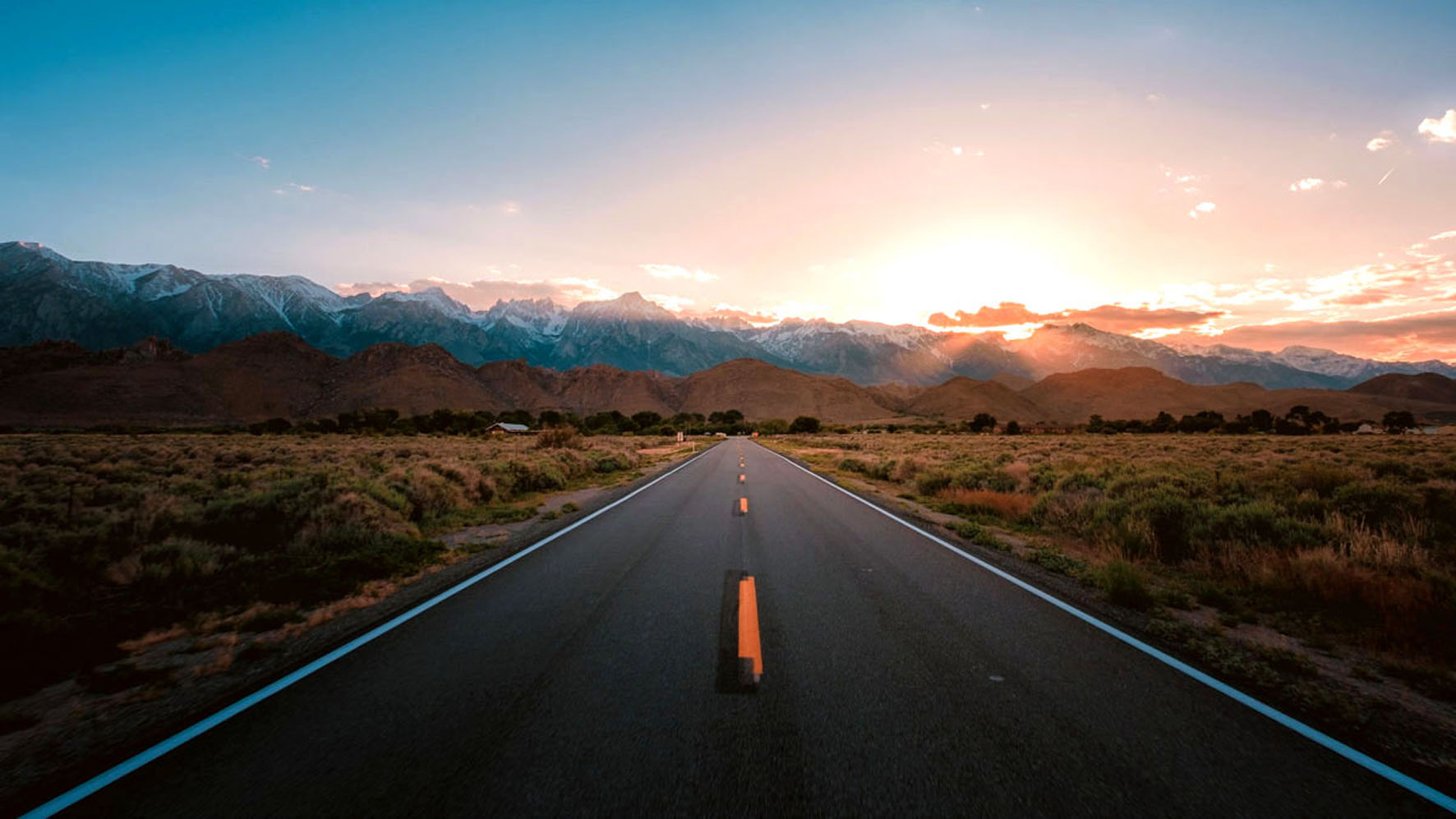

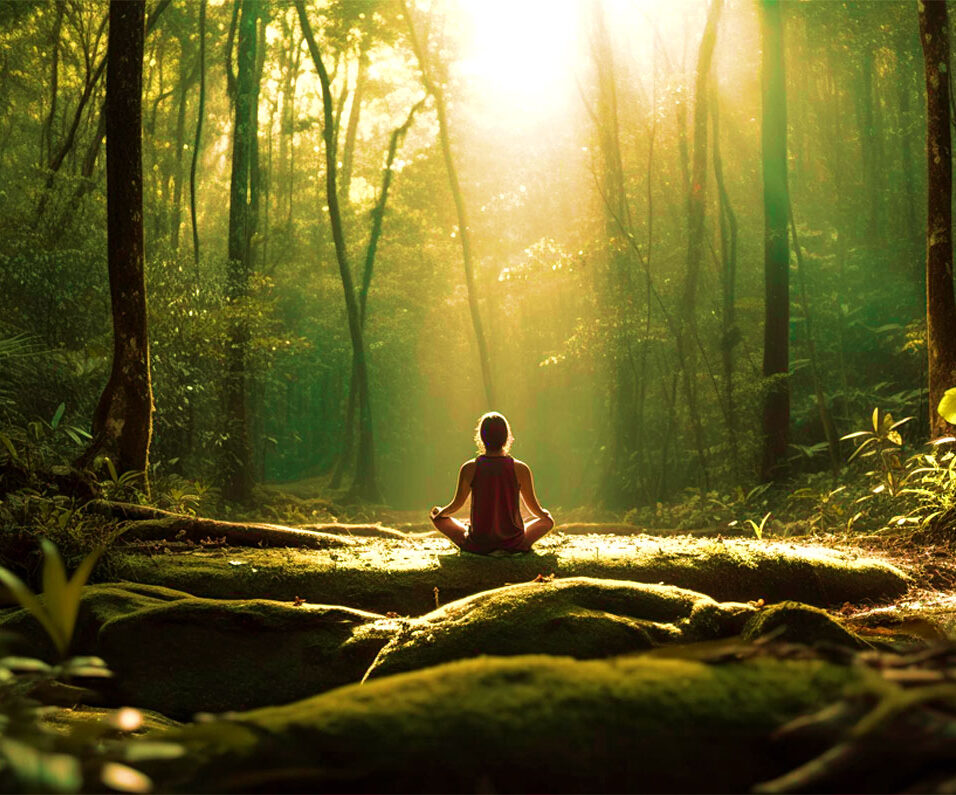


Leave feedback about this